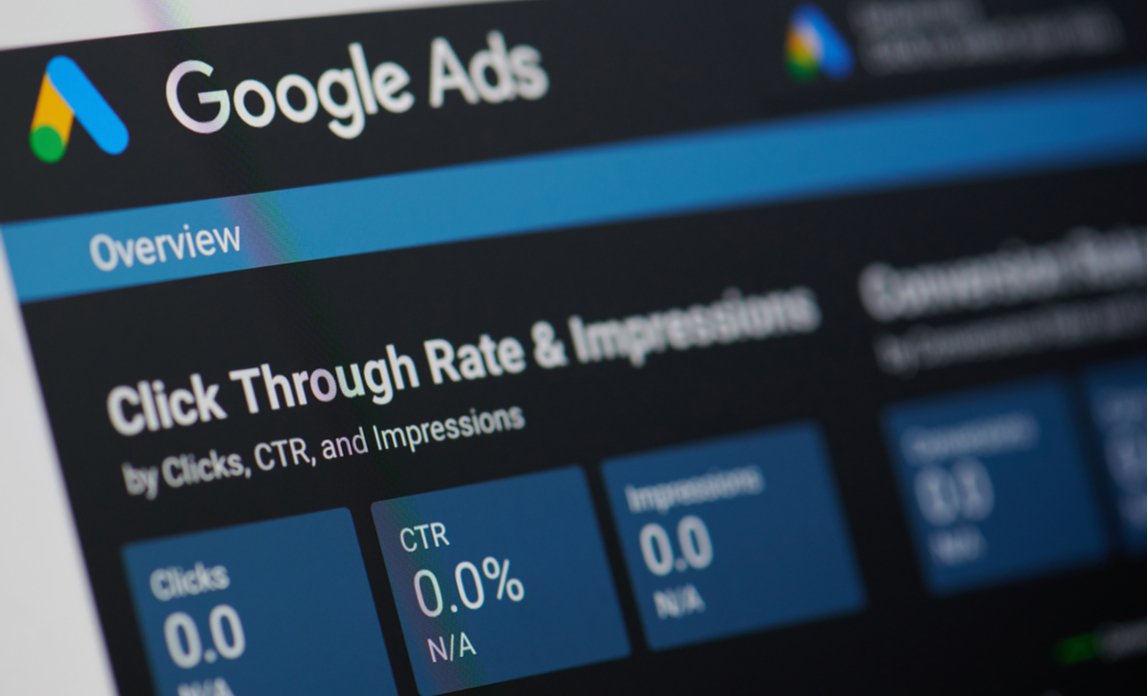Understanding PPC Advertising: A Beginner's Guide
In the fast-paced world of digital marketing, Pay-Per-Click (PPC) advertising stands out as one of the most effective ways to drive traffic, generate leads, and boost sales. If you're new to PPC, this beginner's guide from Spartan Marketing will help you understand the basics and get started with your first campaign.
What is PPC Advertising?
PPC, or Pay-Per-Click, is an online advertising model where advertisers pay a fee each time their ad is clicked. Essentially, it's a way of buying visits to your site rather than attempting to earn those visits organically. Search engine advertising is one of the most popular forms of PPC, where advertisers bid for ad placement in a search engine's sponsored links.
How Does PPC Work?
Keyword Research: The foundation of any PPC campaign is keyword research. You need to identify the keywords your target audience is searching for. Tools like Google Keyword Planner can help you find relevant keywords with good search volume and low competition.
Ad Creation: Once you've identified your keywords, the next step is to create your ads. A typical PPC ad consists of a headline, a short description, and a URL. It's crucial to make your ad compelling and relevant to the keywords you're targeting.
Landing Page: Your ad should lead to a well-designed landing page that provides the information or product the user is looking for. The landing page should be optimized for conversions, meaning it should be easy for visitors to take the desired action, such as making a purchase or filling out a contact form.
Bidding: PPC operates on a bidding system where you compete with other advertisers for ad placement. You set a maximum bid, which is the highest amount you're willing to pay for a click on your ad. The actual cost per click (CPC) is often lower than your maximum bid and is determined by factors such as the quality of your ad and the competition for the keyword.
Ad Auction: When a user types a query into the search engine, an auction process determines which ads are displayed and in what order. The ad auction considers factors like bid amount, ad quality, and relevance to the user's search.
Benefits of PPC Advertising
Immediate Results: Unlike SEO, which can take months to show results, PPC can drive traffic to your website almost immediately after your campaign goes live.
Targeted Advertising: PPC allows you to target specific demographics, locations, and even times of the day, ensuring your ads reach the right audience.
Measurable ROI: PPC provides detailed analytics and reporting, making it easy to measure the return on investment (ROI) of your campaigns. You can track metrics such as clicks, impressions, and conversions to see how well your ads are performing.
Budget Control: With PPC, you have complete control over your budget. You can set daily or monthly spending limits to ensure you don't overspend. Plus, you only pay when someone clicks on your ad, making it a cost-effective advertising option.
Getting Started with PPC
Choose a Platform: Google Ads is the most popular PPC platform, but there are others like Bing Ads and social media advertising platforms such as Facebook Ads and LinkedIn Ads.
Set Your Goals: Define what you want to achieve with your PPC campaign. Common goals include driving traffic, generating leads, and increasing sales.
Create a Campaign: Use your chosen platform to create a PPC campaign. Set your budget, choose your keywords, and create your ads.
Monitor and Optimize: Once your campaign is live, regularly monitor its performance. Use the data to make informed decisions about optimizing your ads, keywords, and landing pages for better results.
Conclusion
PPC advertising is a powerful tool in the digital marketer's arsenal. By understanding the basics and following best practices, you can create effective campaigns that drive traffic, generate leads, and boost sales for your business. If you need help getting started with PPC, Spartan Marketing is here to assist you every step of the way. Contact us today to learn more about our PPC services and how we can help you achieve your marketing goals.

